Blog
How BMW's Large Cylindrical Batteries (4695/46120) Could Surpass Tesla's 4680 Battery in Mass Production
BMW's large cylindrical batteries are here!
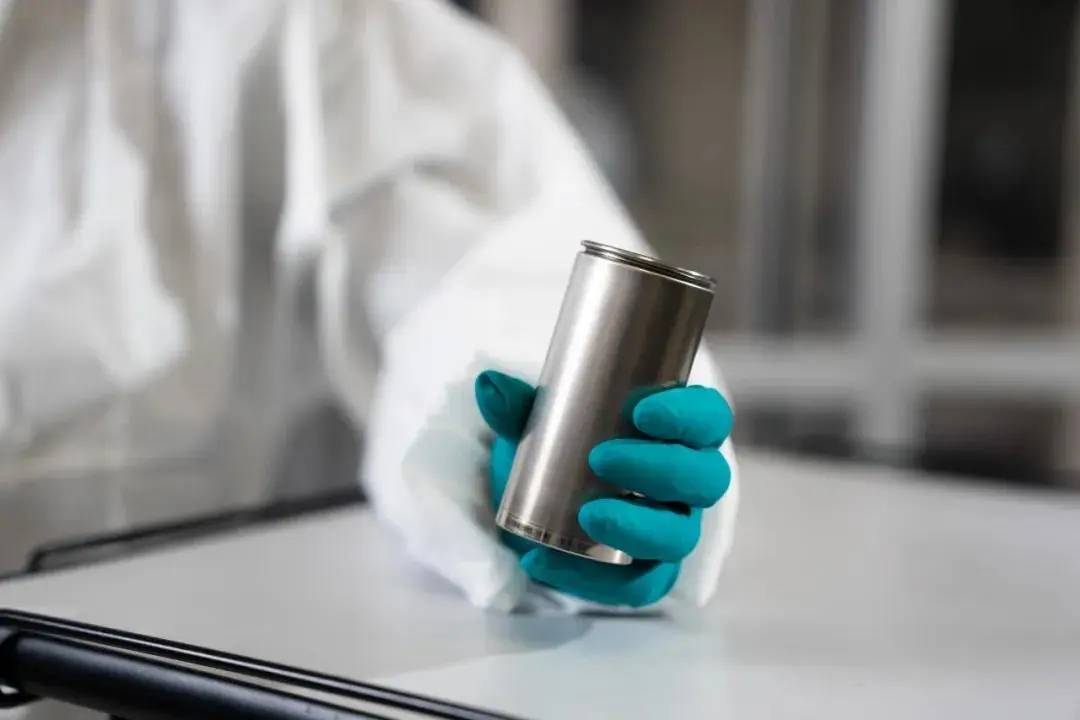
Don’t doubt it—this isn’t just a "cutting-edge concept" on a PowerPoint slide, but a real countdown to mass production. This year, BMW’s sixth-generation power batteries will debut in its first new-generation model. If you’re still indifferent to the topic of "batteries," let me remind you: this could be a pivotal leap in BMW’s electrification transformation, potentially reshaping the competitive landscape of the electric vehicle (EV) industry.
Next, let’s dive into: Why is BMW shifting from prismatic batteries to large cylindrical batteries? How has BMW solved the mass production challenges that Tesla faced with its 4680 battery? And can this move by BMW create another "irresistible appeal" in the EV market?
🚗 Why Large Cylindrical Batteries?
"Performance far surpasses anything on the market."
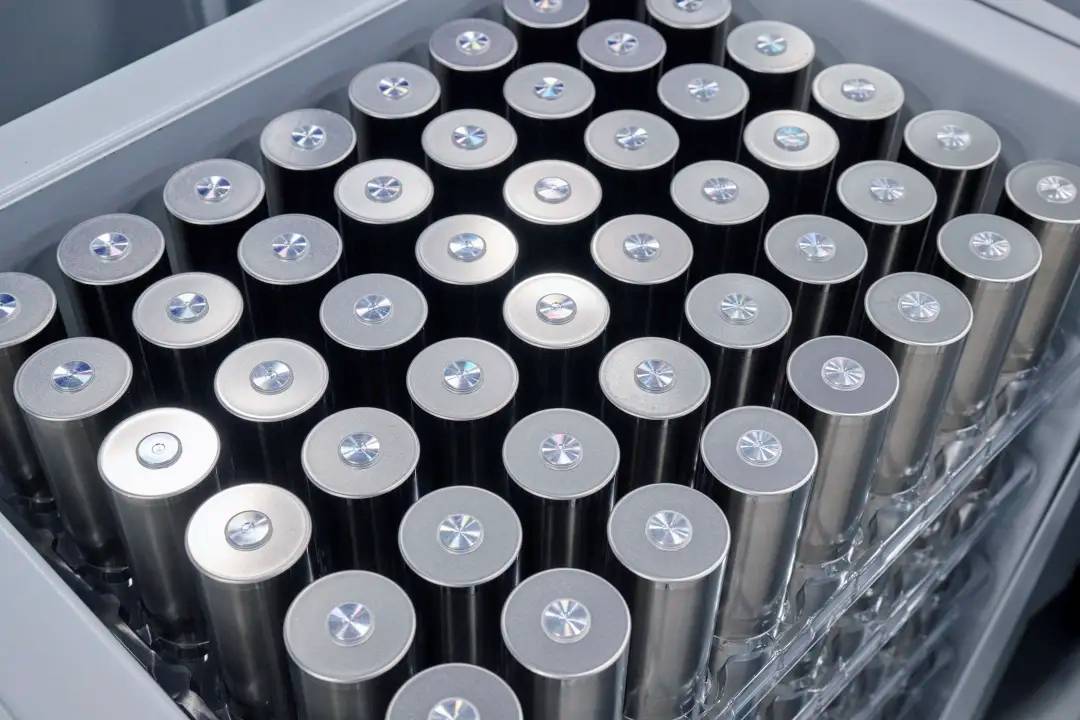
BMW’s sixth-generation power batteries feature large cylindrical cells for the first time, with dimensions of 4695 and 46120 (46mm in diameter, and 95mm and 120mm in height, respectively). These are currently the largest cylindrical cells available. So, why is BMW transitioning from prismatic batteries to large cylindrical batteries?
In fact, the technical roadmap for EV power batteries has always been a "multiple-choice question," with mainstream forms including prismatic, cylindrical, and pouch batteries, each with its pros and cons. This time, BMW, from a consumer perspective, has chosen the large cylindrical battery with the best overall performance, for the following reasons:
- 1. Higher Energy Density
- Large cylindrical batteries can store more energy per unit volume. BMW’s sixth-generation battery has increased energy density by 20%, extending the range by 30%. Imagine charging for 10 minutes and driving 300 kilometers—what does that mean? Without exaggeration, this directly alleviates the "range anxiety" many have about EVs.
- 2. Better Thermal Management
- For BMW, which prioritizes driving pleasure, the battery must withstand "spirited driving." The compact cell design of large cylindrical batteries facilitates more uniform heat dissipation, and when paired with BMW’s newly designed cooling system, the battery’s performance becomes more stable and its lifespan longer.
- 3. Lower Costs and Higher Safety
- Large cylindrical batteries also offer advantages in production costs and standardization. BMW emphasizes that it won’t sacrifice safety for the sake of performance. Simply put, this battery delivers range, fast charging, and durability, without the worry of a significant drop in battery life after a few years.
BMW’s choice reflects a focus on "system balance." Unlike brands that chase "fastest charging" or "longest range," BMW prioritizes providing consumers with a car they can rely on for the long term. As they put it: "No one wants a car that loses its long-distance capability after two years—that’s pointless."
⚡ Mass Production: How Can BMW Overtake Tesla?
"The Steady Approach" vs. "The Risky Approach"
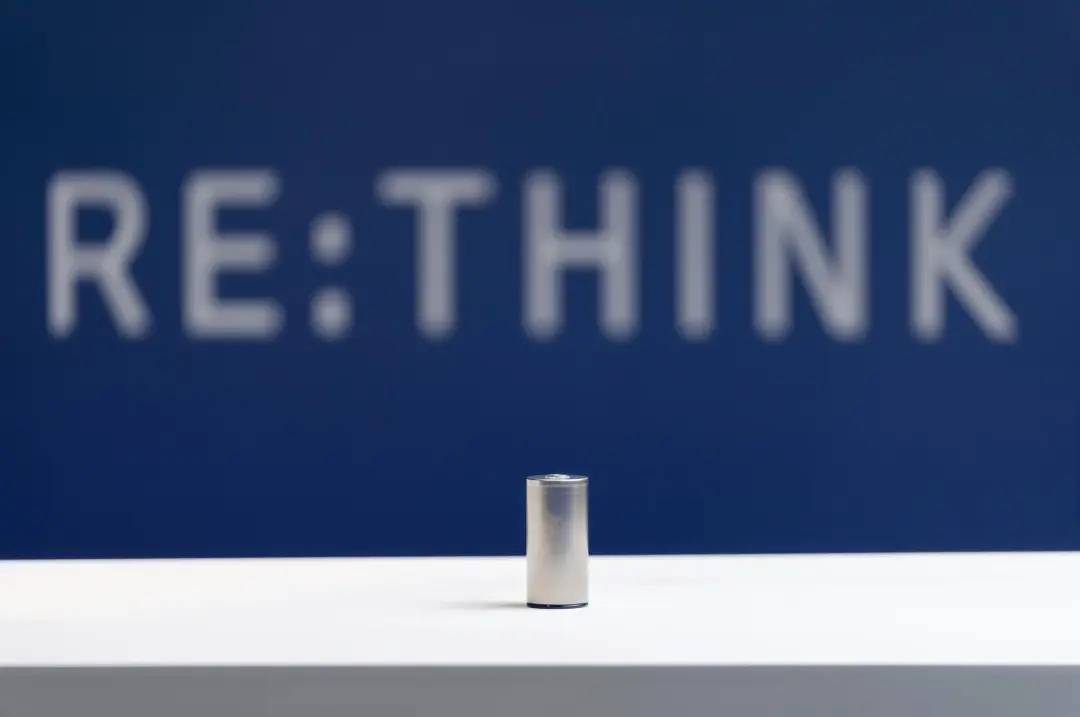
Since its unveiling in 2020, Tesla’s 4680 battery has faced delays in mass production. What’s the issue? The key lies in Tesla’s choice of the "dry electrode process," which aims to cut costs by eliminating wet coating and drying steps. However, reality has been harsh—the dry process is extremely challenging for electrode application, hindering the 4680 battery’s mass production.
BMW, on the other hand, has taken a steady and methodical approach:
- 1. Adopting Mature Wet Process
- While the wet process involves more steps, it’s a proven technology with higher product stability. Instead of blindly pursuing a "technological leap," BMW has focused on optimizing existing processes. For example, they’ve introduced a continuous mixing process during the slurry phase, improving efficiency and product consistency.
- 2. Gradually Overcoming Technical Challenges
- BMW’s large cylindrical batteries also feature a "tabless design," which enhances thermal management and charging efficiency. However, this design demands higher precision in processes like cutting, electrolyte filling, and laser welding. Fortunately, BMW’s R&D team has accumulated extensive experience. Peter Lamp, BMW’s chief battery scientist, has confidently stated: "We are confident in a smooth production launch."
- 3. Support from Chinese Suppliers
- BMW has partnered with battery giants CATL and Eve Energy to advance the mass production of large cylindrical cells. With two factories in Europe and China, each with an annual capacity of 20GWh, and backed by a top-tier global supply chain, BMW’s mass production plan is almost certain to succeed.
🛠 From R&D to Mass Production: What’s BMW’s Confidence?
"You don’t have to manufacture it yourself, but you must know how to."
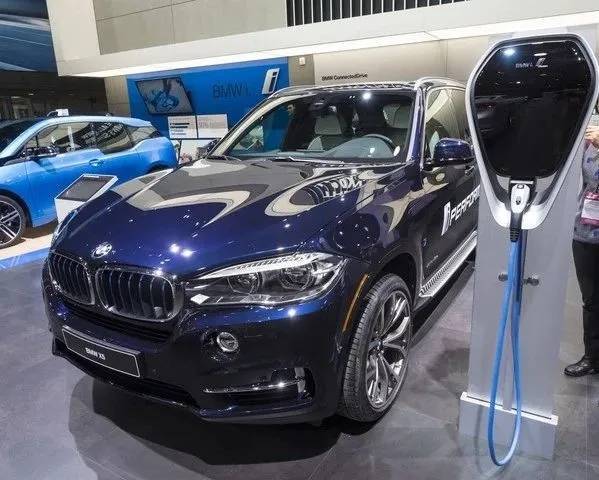
BMW’s investment in battery technology is nothing short of impressive. They are not only directly involved in R&D but have also established three competence centers in Germany, covering the entire battery lifecycle—from material development to recycling.
- BCCC—Battery Cell "Recipe" R&D Center
- This is where BMW developed the "recipe" for its large cylindrical batteries. The sixth-generation battery features increased nickel content and reduced cobalt content in the cathode, while the anode has higher silicon content. These adjustments further enhance energy density and range while reducing production costs.
- CMCC—Pilot Production Validation Center
- Think of this as BMW’s "testing ground" for large cylindrical batteries. With a pilot production line capable of producing 1 million cells annually, BMW validates the scalability of its batteries and collaborates with suppliers to transfer mass production technology.
- CRCC—Battery Recycling Competence Center
- BMW has also considered the full lifecycle management of batteries. Through a "direct recycling" process, BMW can extract raw materials from used batteries, further reducing production costs and improving resource efficiency.
Through this comprehensive R&D system, BMW has firmly grasped battery technology. While cell production is outsourced to suppliers, BMW has mastered the entire technical pathway and core formulations.
💡 Where is BMW’s Battery "Ambition" Headed?
Large cylindrical batteries are not the end goal of BMW’s EV transformation but rather the starting point. With the mass production of its sixth-generation power batteries, BMW will gradually apply this technology to more models, including future all-electric M models.
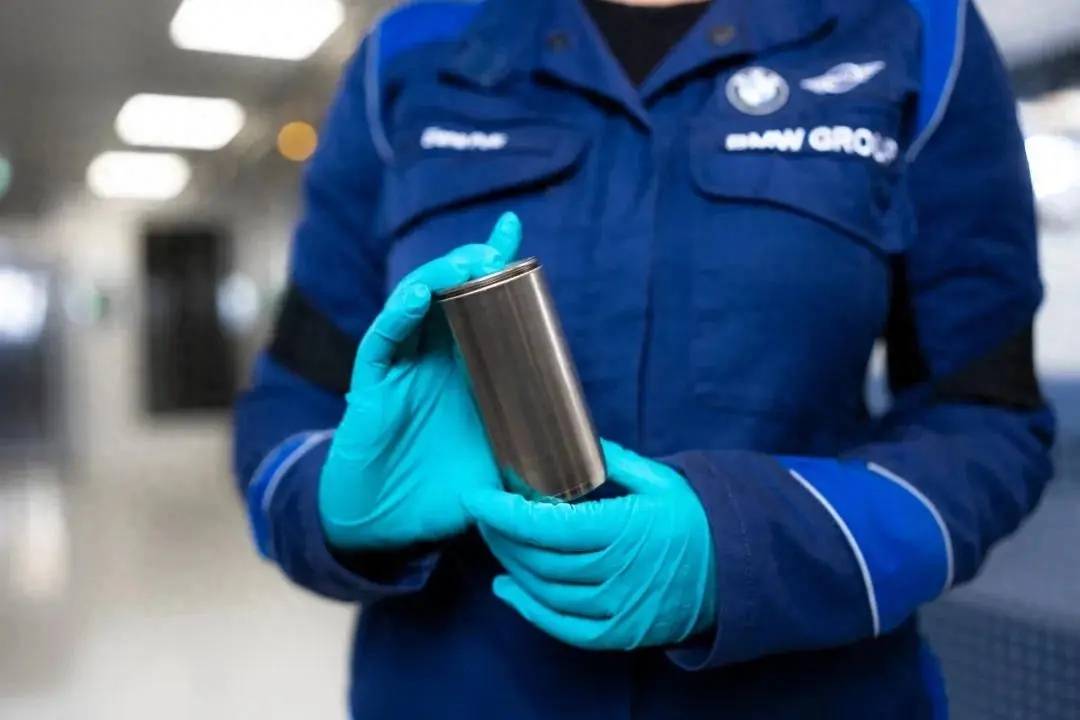
This time, BMW has chosen a less-traveled path, but judging by its progress from R&D to mass production, the company is clearly well-prepared. In the broader context of the electrification race, BMW’s goal isn’t to lead in a single performance metric but to build a more balanced and enduring product competitiveness through comprehensive strength.
🏁 Final Thoughts: The Highly Anticipated "New-Generation BMW"
BMW’s large cylindrical batteries represent a dual exploration of technology and market.
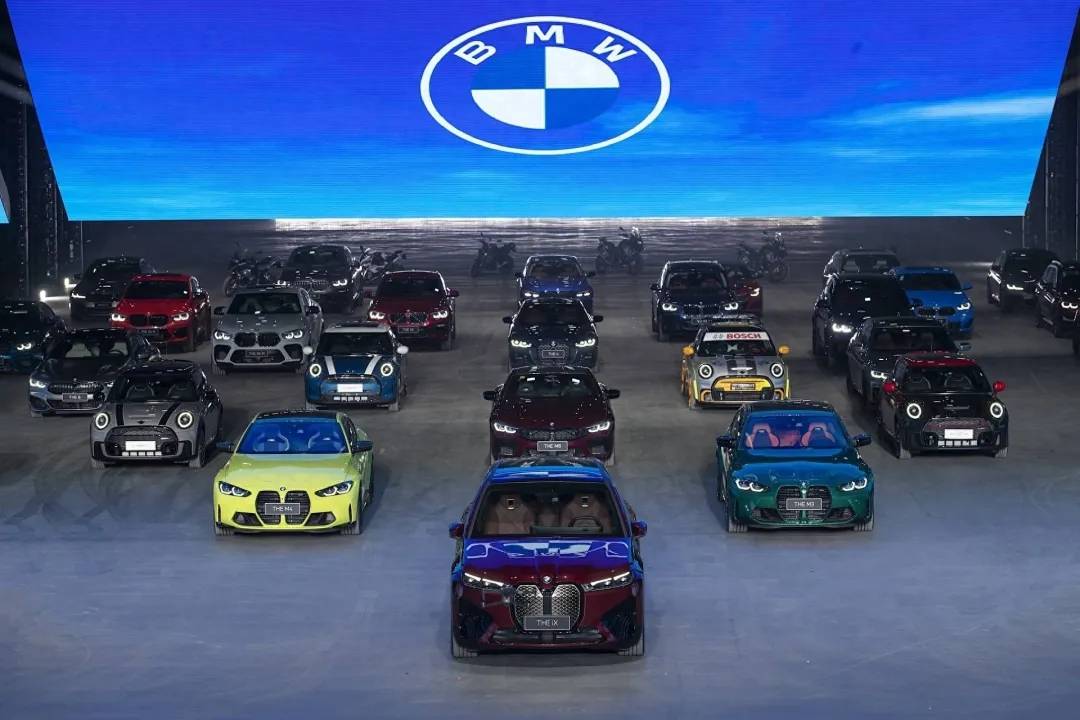
Whether they will rewrite the rules of the power battery industry remains to be seen, but BMW’s choice of technical direction at least demonstrates the confidence and strength of a century-old automaker.
As a 20-year veteran in the automotive industry, I’m eagerly anticipating BMW’s upcoming new-generation models. Equipped with sixth-generation power batteries, advanced electric drive technology, and intelligent cockpits, this year’s BMW might just make EV enthusiasts "fall in love."
- Next:Semi-Solid State Batteries vs. Lithium-Ion: The Ultimate Comparison and Future Potential
- Previous:OTS LiFePO4 Batteries vs DIY LiFePO4 Batteries: Key Differences You Need to Know
Contact Details
Lithium LiFePO4 Batteries and Lithium LiFePO4 Cells Supplier - LiFePO4 Battery Shop
Contact Person: Miss. Elena Wang
WhatsApp : +8615263269227
Skype : +8615263269227
WeChat : 15263269227
Email : info@lifepo4batteryshop.com
All Products
Certification
Customer Reviews
- I have fond memories of our meeting in Shanghai with LiFePO4 Battery Shop Elena. Your company left a strong impression on me with its impressive growth and professionalism. We both value straightforwardness and honesty, which I believe are the most important qualities in any partnership. I am confident that we can build a successful collaboration based on these shared values. —— Robert from USA
- I've been working with LiFePO4 Battery Shop for years, and their reliability is unmatched. While other suppliers frequently change sales teams, LiFePO4 Battery Shop has consistently provided exceptional service with a stable team. Their commitment to quality and customer support truly sets them apart. —— Henry from Australia



